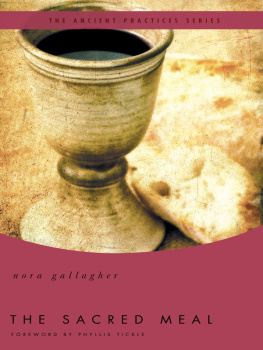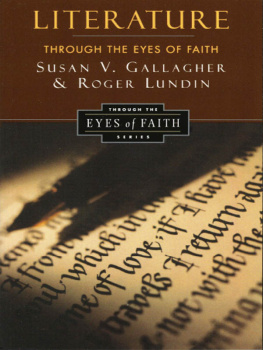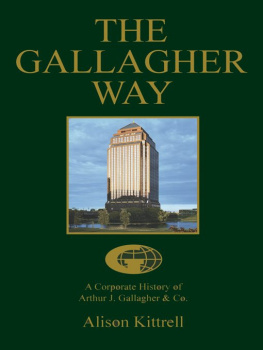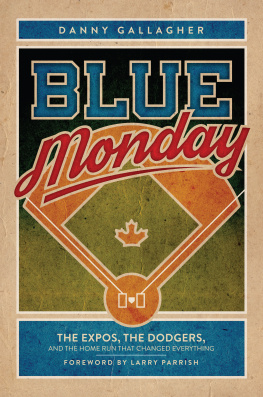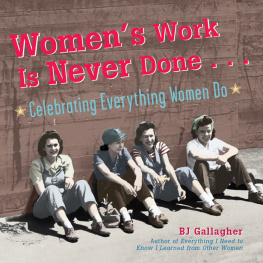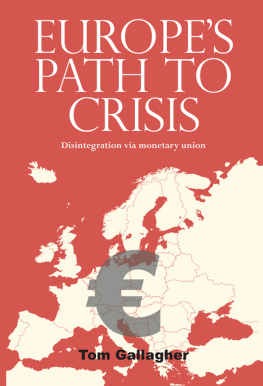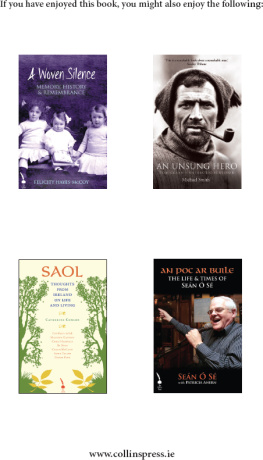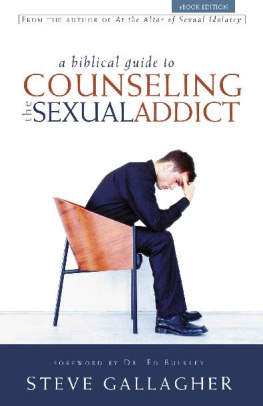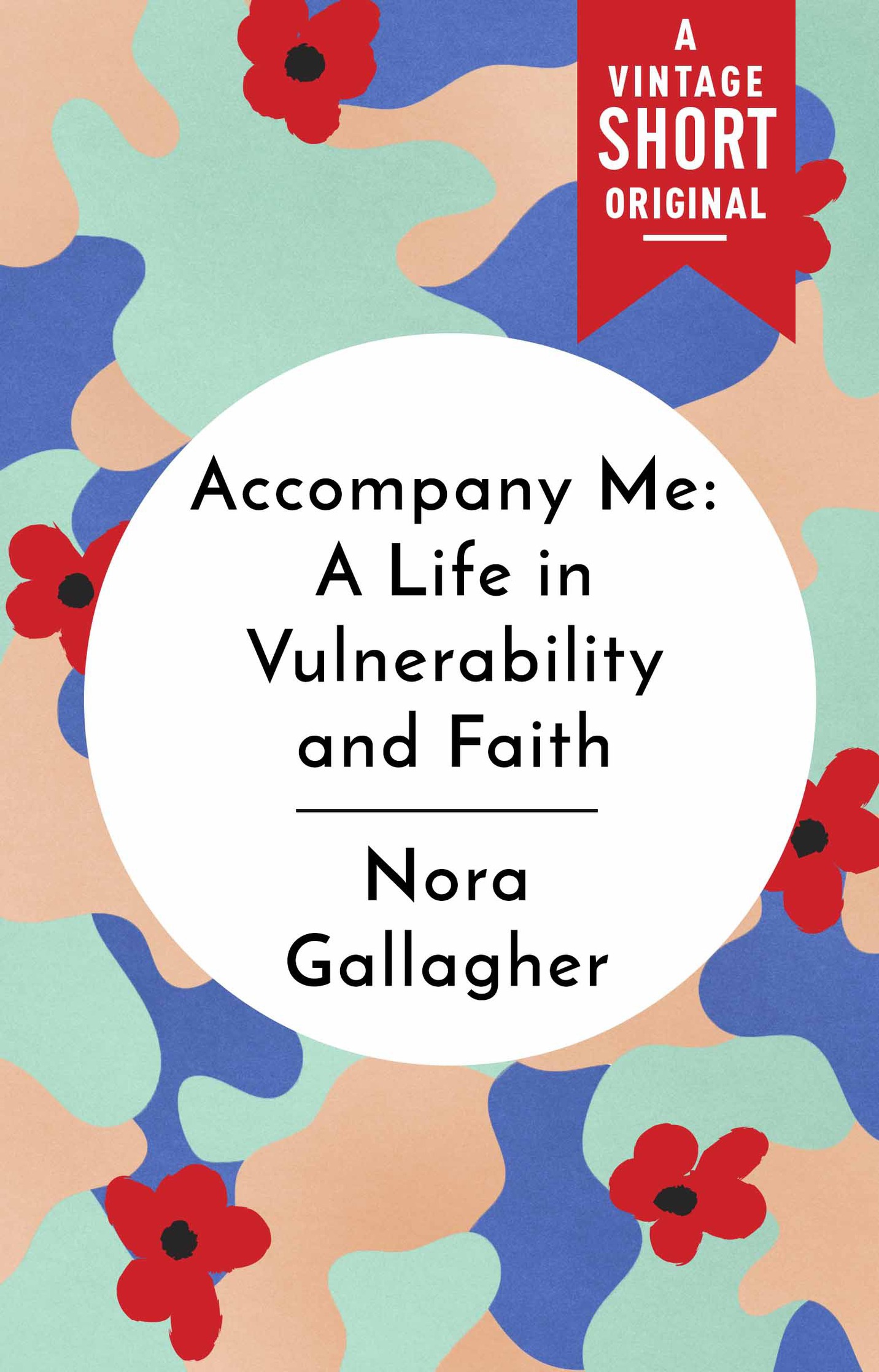Accompany Me
A Life in Vulnerability and Faith
Nora Gallagher
A Vintage Short
Vintage Books
A Division of Penguin Random House LLC
New York
Copyright 2017 by Nora Gallagher
All rights reserved. Published in the United States by Vintage Books, a division of Penguin Random House LLC, New York, and in Canada by Random House of Canada, a division of Penguin Random House Canada Limited, Toronto.
Vintage and colophon are registered trademarks of Penguin Random House LLC.
The Cataloging-in-Publication Data for Accompany Me is available from the Library of Congress.
Vintage eShort ISBN9789780525435167
Series cover design by Perry De La Vega
www.vintagebooks.com
v4.1_r1
ep
Contents
About suffering they were never wrong,
The Old Masters: how well they understood
how it takes place
While someone else is eating or opening a window or just walking
dully along.
W. H. Auden, Muse des Beaux Arts
1. Vulnerability
The year I drowned, I took the No. 6 train uptown in New York to the Hispanic Society of America to visit their collection of ancient maps. On display that day were the large maps of the world as it was known at various times, including Juan Vaspuccis Mappa Mundi from 1526, when the coastline of western South America was nothing but a watery blur.
But there were also practical books and charts, called derroteros (in English, courses or pathways), made by rutters or coastal pilots. These guides, with their close focus, aided mariners who plied both local and more international waterways and provided a birds-eye view of shoreline elevations. The journals accompanying the maps had notes on the stars and entries regarding harbors and ports. One particular derrotero was displayed with its original hand-stitched hemp case. It was a painstaking map of a shoreline, with hundreds of tiny inscriptions and notes and small perfect houses drawn along the waters edge.
Only by reading back and forth between different maps was a sailor able to orient himself.
In Leonard Cohens song Suzanne he sings, Jesus was a sailor when he walked upon the waterand when he knew for certain, only drowning men could see him
After I drowned, I began to see that I was navigating between the larger mappa mundi of organized religion and philosophiesChristianity, Buddhism, Judaism, Islam, and, not to ignore, the Church of Atheismbig cosmologies with so much history, tradition, and many power struggles behind them. Firm ideas. Fixed points. And my own derrotero, my firsthand experience of my own sea, my own subjective truth.
What principally drove the makers of the large maps was conquest; the smaller ones, discovery. Take what I say here as one of those derroteros.
My derrotero would be of the smaller coastline, an individual rock. I draw it to share with others what to watch out for, what I learned. Or what I knitted together, what sufficed. Not a doctrine, but a geography worth recording.
Our desire to apprehend this world is often couched as a passive state, as Belief, a dumb acceptance. And sometimes I suppose it is. But the struggle to grasp what lies just beyond our firm knowledge is in fact energetic. Reason runs out, and we reach beyond it, toward the blur at the edge of the map. And beyond that, toward what cannot be known. And this urgent need to reach beyond ourselves is not real until it has been worked through a human life, in its specificity, its particulars. Our lives, our bodies, are its mediums. Whatever the reality of this thing beyond us, the struggle toward it remains, oddly, individual. Like truth, what we sometimes call faith is alive. It changes. What drives us, as it drove those sixteenth-century sailors, is discovery. Who knows in the end what we shall find out to be true; perhaps its only what we ourselves held to honestly.
At the end of November 2009, I was building a fire in my house in Santa Barbara when I noticed a blur at the edge of right eye. It was as if I had caught a ghost walking out the room. I put off going to the doctor for two weeks and when I did, he looked through his scope at that eye and said, Darn. He told me my right optic nerve was inflamed. Cause unknown, a condition that, if left untreated, would cause me to lose my sight. I would need, he said, intravenous steroids. When he said, Darn, I dropped out of the world I lived in, where I thought I knew about disease and vulnerability and death and all that, and fell straight into another country. I drowned, like Leonard Cohens sailor. Later, I called the country I fell into Oz.
I walked from my ophthalmologists office to the emergency room. I crossed one street, parallel to Santa Barbaras hospital. I was careful to use the crosswalk. A group of doctors in white coats were coming toward me, one eating a sandwich; a middle-aged woman was talking on her cell phone; some boys swept by on skateboardsall of them just moving along as if their lives werent fragile. I had a sudden uncanny feeling of being behind a glass wall that had slid down out of the sky and separated me from the rest of the people on the street. There they were: walking, skating, eating, oblivious to the extraordinary mechanisms in the body that kept everything in balance. There I was, in another country, carrying my eyes.
I had been them, not knowing that this was my creed, until thirty minutes ago. The sick? Not me. The dying? Never. Id had the flu. Id had a cold. But these were not enough to dump me into Oz. My time in the land of the sick had always been so short, it was like a layover. It was like seeing Thailand but only from the airport.
This is the problem: the wellor, as a friend said later, We may as well be called the healthies,dont know the other country exists. Or we dont want to know. I havent settled that question. Its probably both. A friend told me a story of her mothers retirement community in which people would end up in the infirmary for some extended time, and there of course they would meet others like themselves: those suffering from pneumonia, broken hips, chemo reactions. And once they got out, they got as far away as possible and didnt go back to visit.
The country runs parallel to the place the rest of you are living.
The defining division, maybe I should say border, is the knowledge I have that something can go terribly wrong at any moment and the stance the healthies take that it wont. Or they/we dont think about it at all.
Thus ones catastrophe takes place off in a corner, out of sight, out of mind.


